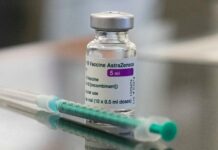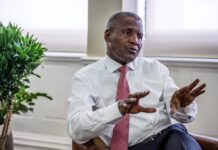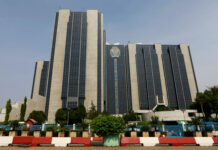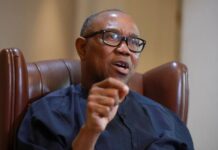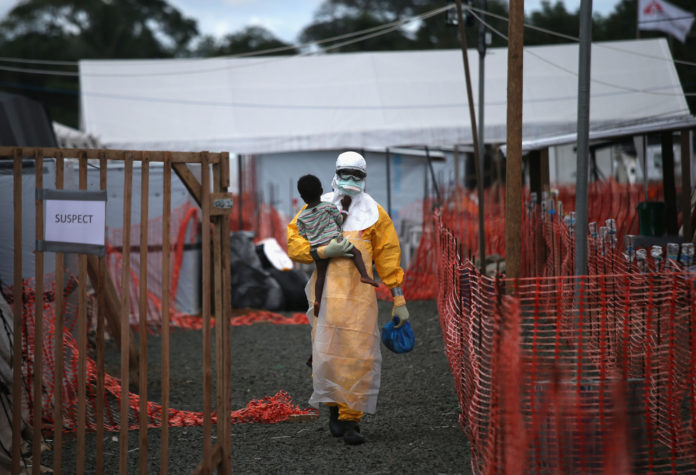
A new case of Ebola virus disease has been confirmed in the Democratic Republic of Congo, the international medical charity Medecins Sans Frontieres (MSF) said on Friday, signalling a spread to a major city in the country.
The new case was confirmed in the city of Mbandaka, a busy port city of more than a million peole on the Congo River in Equateur province.
It has been linked with the epicentre of the epidemic—the east of Lake Tumba—and adds to the 42 people who have so far presented with symptoms of haemorrhagic fever.
The outbreak is the ninth in the DRC, and MSF has called it a “serious and worrying scenario.”
“So far, all of them have occurred in remote and isolated areas, as was the case last year in Likati, when the epidemic didn’t spread,” says Henry Gray, MSF emergency coordinator in Mbandaka, where the charity is also responding to the outbreak.
“With the new case confirmed in Mbandaka, the scenario has changed, and it has become most serious and worrying, since the disease is now affecting an urban area.
“It is paramount to trace the suspect case in order to have a clearer view on how it reached the city.
So far, three people have been confirmed positive for Ebola; 20 others are categorised as “probable” and 20 more “suspected”. But 23 people have so far died, all showing symptoms typical of haemorrhagic fevers.
Some 514 people who may have been in contact with the infected people have been notified by the national health authorities, and are currently under monitoring.
MSF says it is stepping up response in Mbandaka and Bikoro, where the outbreak was first reported.
Emergency teams have set up a five-bed isolation zone in Mbandaka’s main hospital and a 10-bed one in Bikoro hospital.
Teams are also setting up two Ebola management centres in Mbandaka and Bikoro, with 20 beds each.
A supply of medical kits, protection and disinfection kits, logistics and hygiene kits and palliative drugs are expected to arrive Mbandaka in the nxt few days.
The World Health Organisation has deployed 4,000 doses of Ebola rVSVDG-ZEBOV-GP vaccine as an additional measure to control the outbreak.
MSF will help implement the vaccination but says despite the strategy, the pillars of an Ebola intervention must continue in efforts to stem the spread of the disease.
They include:
- early treatment and isolation of people who are sick,
- tracing and following up of contacts
- informing people about the disease,
- information about how to prevent it and where to seek care,
- supporting existing healthcare, and
- temporarily changing cultural behaviour around funerals
